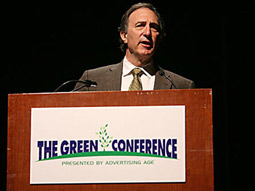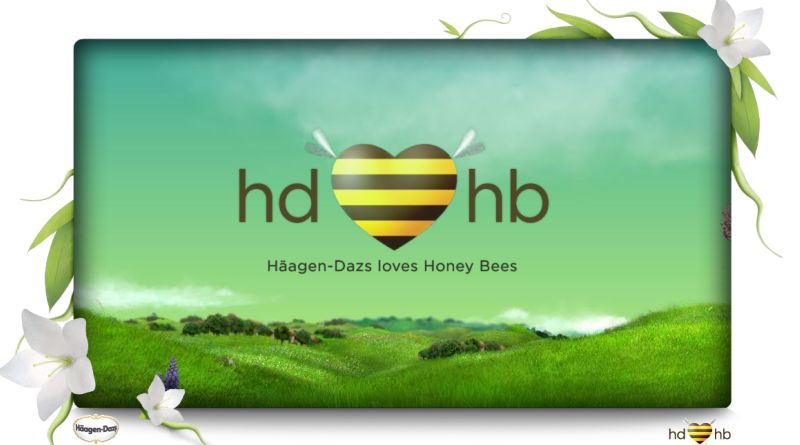It’s Earth Day. Do Consumers Really Care about “Green” Products?
Posted in: UncategorizedSince I moved to Seattle, I’ve become much more aware of environmental issues and groups that draw attention to them. But where I came from, it’s another story.
We’ve seen many attempts in recent years by marketers to capitalize on a growing awareness by consumers of environmental issues. Today’s New York Times reports on the efforts Clorox is making with its line of Green Works products. And up until now, the bottom line seems to have gotten in the way:
When Green Works was first launched, it came out of the gate with a lot of investment by Clorox,” said Jason Gere, an analyst at RBC Capital Markets. “Initially it started to do well, but then the macroeconomic environment took over. Clorox realized that in this consumer-led recession, having products even as environmentally friendly as Green Works’ are, but charging a 20 percent-plus premium to conventional cleaners, was not working.
Green Works has launched many digital and social initiatives, including its “The Green Housewives” web series:
It’s hard to tell anyone on a tight budget to pay more for environmentally-friendly products. But marketers will keep trying to push “green” products. So does the environment really matter to consumers when they’re shopping? Is more, or different, consumption really the answer? Or are we becoming simply too jaded for all the marketers’ green efforts?
Marketing with a focus on the environment is tricky. There are arguments to be made for less energy consumption, use of better (or recycled) raw materials, or even reducing a lengthy supply chain in making products. But consumers don’t often take those into consideration. And as we’ve seen, quite a number of politicians and supporters refuse to believe there’s even a problem, or a need to be more sensitive to how we treat our earth and its natural resources.
If you’ve had any experience with clients or brands looking to push their environmental efforts, leave a comment and let us know how much success you’ve had.
The post It’s Earth Day. Do Consumers Really Care about “Green” Products? appeared first on AdPulp.




